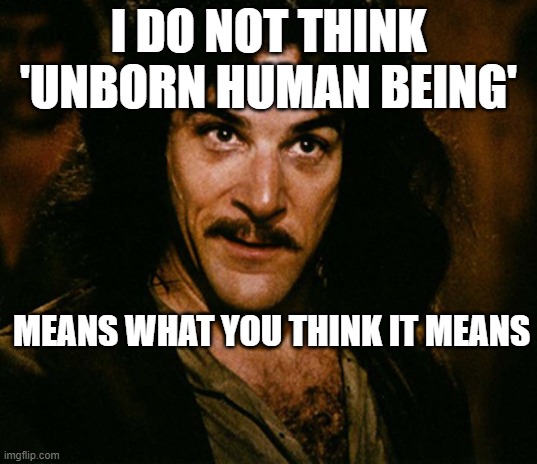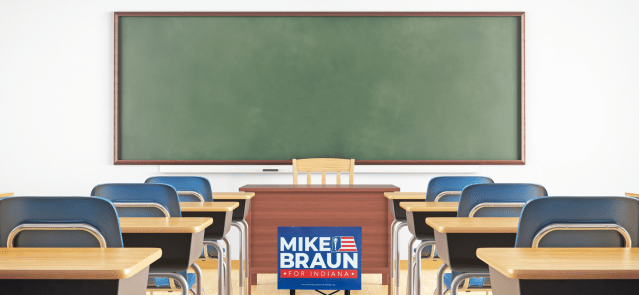Attorney Kory Langhofer said lawmakers plan to appeal Friday’s ruling that “unborn human being” be removed from Prop 139’s voter pamphlet summary and replaced with a neutral term. Langhofer said they’ll file a special action with the Arizona Supreme Court. Maricopa County Superior Court Judge Christopher Whitten, an appointee of former Democratic Gov. Janet Napolitano, said the term is “packed with emotional and partisan meaning.” Langhofer said they will appeal as soon as the final judgment in the case is made, which could happen as soon as Monday. Whitten rejected the Legislative Council’s argument that the term is neutral because it is written in statute. “The court is not persuaded that every word chosen by the legislature in every statute it enacts is intended to be neutral in character,” Whitten said in the written ruling. “There is no requirement that the legislature chose its words in such a way, and plenty of evidence that they sometimes do not.” Whitten said that the Legislative Council should strike the phrase from the pamphlet summary for the pro-abortion measure and instead choose a “neutral term.” Toma wasn’t happy. “The ruling is just plain wrong and clearly partisan if the language of the actual law is not acceptable,” Toma said. “The judge should run for the legislature if he wants to write the law.” Petersen also called the ruling “partisan” and said he is confident it will be overturned on appeal. Cindy Dahlgren, spokeswoman for It Goes Too Far, an advocacy group that opposes the ballot measure, said in a written statement that the description should “just give voters the truth in common language.” “It’s rich to hear proponents of Prop 139 squabbling over the term ‘fetus’ when they completely left out of their amendment the words ‘doctor,’ ‘physician’ and ‘woman,’” Dahlgren said. Arizona for Abortion Access, the group behind the measure, was expecting the appeal. “We are pleased to be one step closer to making sure Arizona voters get accurate and impartial information about our citizen-led effort to restore abortion access before they vote this fall,” Arizona for Abortion Access Communications Director Dawn Penich said in a written statement.
Stay ahead of the curve as a political insider with deep policy analysis, daily briefings and policy-shaping tools.
Request a Demo

